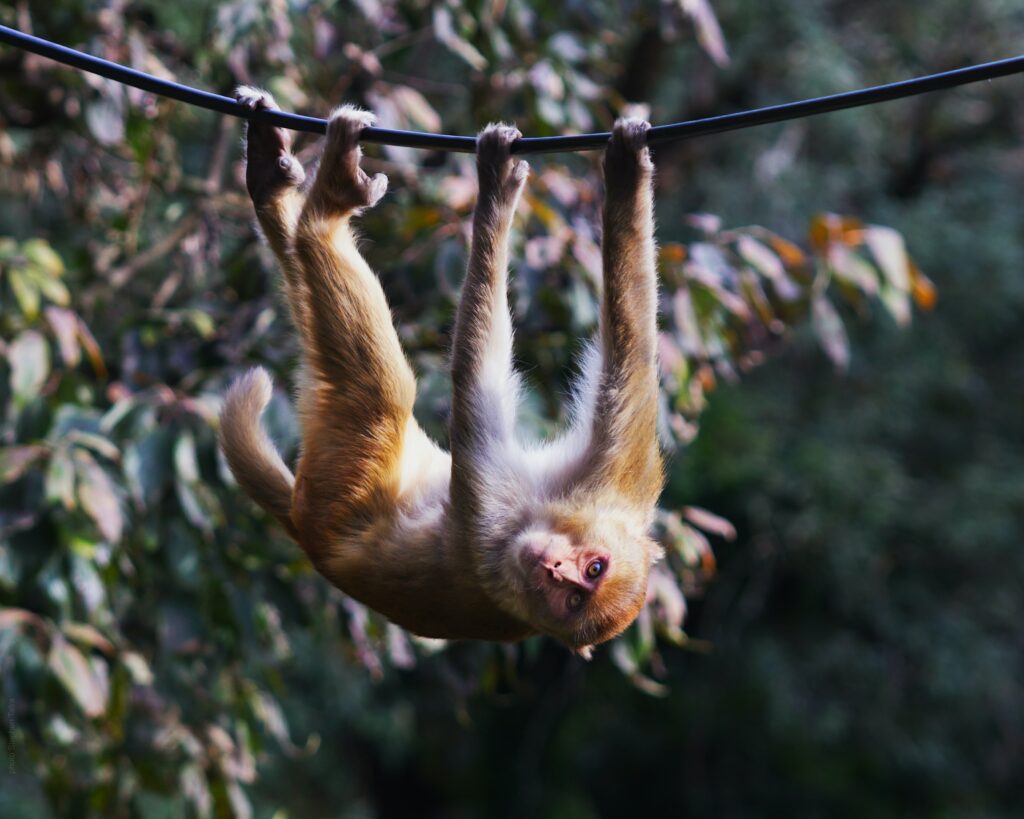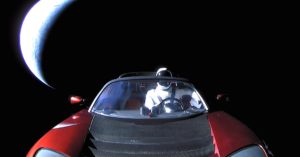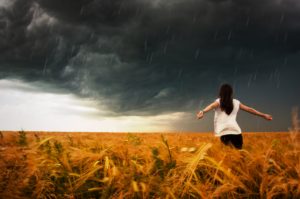
Since my previous post was on doing less and thereby getting enough sleep, I suppose I should balance it to keep folks out of the ditch on the other side of the road.
Life is about stewardship. We’re given abilities and responsibilities by the Lord’s providence, and he holds us accountable for how diligently we carry out those tasks. My assumption in the previous post was that we do better when we have enough sleep; I’ve learned that from long experience, and so, I suspect, have you. Sleeping, then, is a stewardship responsibility, and we should adjust our commitments to allow for enough of it.
But rest and recuperation are not laziness, and the same principle of stewardship is no call for us to lie around doing as little as possible; it calls for us to use our waking hours, which are limited, to the best and most efficient purpose. When we wake up, we should get going—since we’ve gotten enough sleep—and use the day wisely. Maybe that means taking care of other people—little ones, perhaps, or disabled ones—or producing things—shoes or artwork or widgets. Maybe it’s playing a part in a process, through meetings or paperwork or organization. Your mind’s well rested, and you jump in and give it all you’ve got.
Part of stewardship, I suppose, is doing your best to devote yourself to tasks that you’re good at. Some people absolutely thrive on an assembly line; others would go insane working any kind of a regular schedule. Different folks, different strokes. God made us all different, and we really should celebrate all kinds of diversity. (And no, that phrase is not redundant.)
Not everybody can get a job that’s a good match for his skills. Sometimes you just have to take the job you can get. How do you steward that? By diligence, of course—being on time, doing what you’re told, working hard (and if you do those three things, you’re ahead of 90% of the workforce, it seems). By learning all you can about your responsibilities, to make up for lack of natural ability. By finding your joy in God’s empowerment to do well the things that don’t come naturally to you.
Over the years I’ve worked a lot of different jobs—custodial, food service, retail, security, facilities management, writing, publishing (with some marketing and sales along the way), and now teaching. I feel most qualified for what I’m doing now—for which I’m grateful—but I can honestly say that I’ve enjoyed all the jobs I’ve had, and I’ve benefited from all of them beyond just the paycheck.
Our culture has come to view work as something you do to pay for the stuff you really want to do—whether it’s partying on the weekends, or summer vacations, or retirement. That’s a shame. We’re much healthier psychologically when we’re given to a mission, especially one that’s bigger than we are. We’re designed to spend our time making a difference, in ways great and small.
An even worse trend in our culture is to come home from work, fall onto the couch, and watch entertainment for the rest of the night. We’ve conditioned ourselves to sit passively for hours on end, even to the point where we’ll give up sleep for it. How profoundly unhealthy, both physically and spiritually.
When she was in early elementary school, one of my daughters observed that if she watched TV for a long time, she felt sad—she was happier when she was up and about and accomplishing things (though I don’t think she knew the word accomplishing at the time).
She was right; I’m glad she learned that lesson so young.
We’re made to accomplish things—different things, in different ways, certainly, but accomplishments all.
If you haven’t though about that lately, why not sit yourself down and spend a little time thinking about what you’re good at (it’s probably the same as what you love) and how you can invest in that activity for the good of others?
Photo by Stephen Tafra on Unsplash



